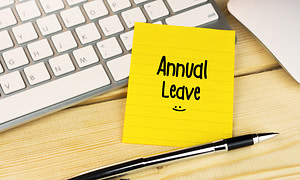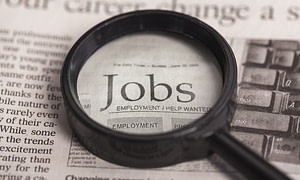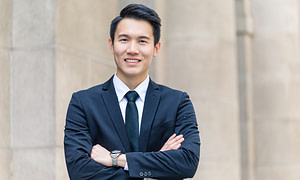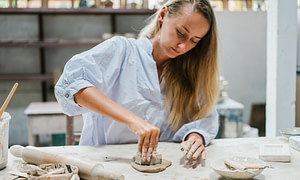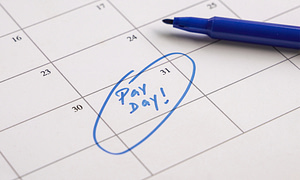A second job interview is generally a positive sign. It indicates that the employer is interested in you as a candidate and sees potential in your qualifications and skills. During a second interview, the employer may delve deeper into your experience, ask more specific questions, and may want to assess how well you would fit into the company culture.
This stage often involves meeting with higher-level managers, team members, or other key decision-makers. The fact that they are investing more time and resources in getting to know you further suggests that you have passed the initial screening and that the employer is seriously considering you for the position.
In addition to preparing for more in-depth discussions about your qualifications, a second interview often provides you with an opportunity to demonstrate your enthusiasm for the company and the role. Here are some additional tips:
Showcase your understanding of the company
Demonstrate that you have researched the company thoroughly. Understand its mission, values, recent achievements, and any industry trends that might be relevant. This knowledge will help you tailor your responses to align with the company's goals and values.
Highlight your fit for the team
Emphasise your ability to work collaboratively with team members. Share specific examples of successful teamwork in your previous roles. Employers often assess not only your individual skills but also how well you can contribute to the overall dynamics of their team.
Address feedback from the first interview
If there were specific areas of concern or questions raised during the first interview, be prepared to address them in the second interview. This shows that you are receptive to feedback and are proactive in addressing any potential reservations the employer may have.
Discuss your long-term goals
Employers are often interested in candidates who have a vision for their future and how it aligns with the company's growth. Be prepared to discuss your long-term career goals and how you see yourself contributing to the organisation in the coming years.
Behavioural interview questions
Expect more behavioural questions in the second interview. Be ready to share specific examples from your past experiences that highlight your problem-solving skills, leadership abilities, and how you handle challenges.
Salary & benefits discussions
In some cases, discussions about salary and benefits may come up during the second interview. Be prepared to discuss your salary expectations, but it's often better to defer detailed negotiations until a job offer is extended.
To increase your chances of success, prepare thoroughly for the second interview by reviewing the company, the role, and any additional information you've gained since the first interview. Be ready to provide more detailed examples of your skills and experiences, and consider preparing thoughtful questions to ask about the company and the role. This will demonstrate your continued interest and commitment to the opportunity.
For more information regarding this topic, check out Indeed's article on how to succeed at a second interview (with helpful tips). Additionally, if you'd like more interview tips, click the button below to read our article on how to impress in an interview.

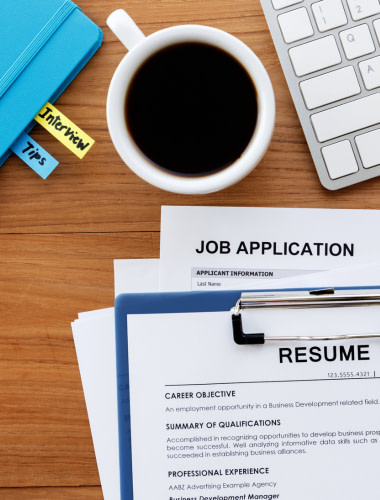
Are you looking for a job?
Now that you know whether a second job interview is a good sign, you should take a moment to check our current vacancies page.
At 11 Recruitment, we have a range of white-collar temp and perm jobs available. We're always on the lookout for top talent to place with our clients, so we encourage you to apply for any positions that are of interest.
If none of our current vacancies are right for you, you should register for job alerts. Then we’ll be able to notify you when we receive a position that matches your profile.




